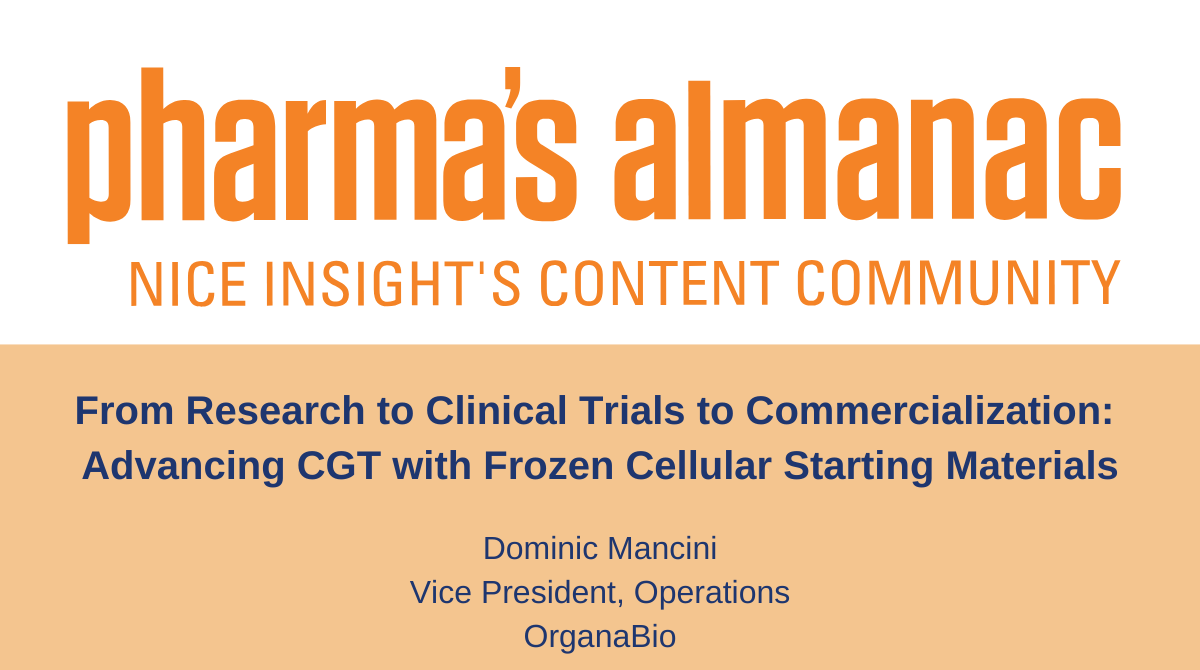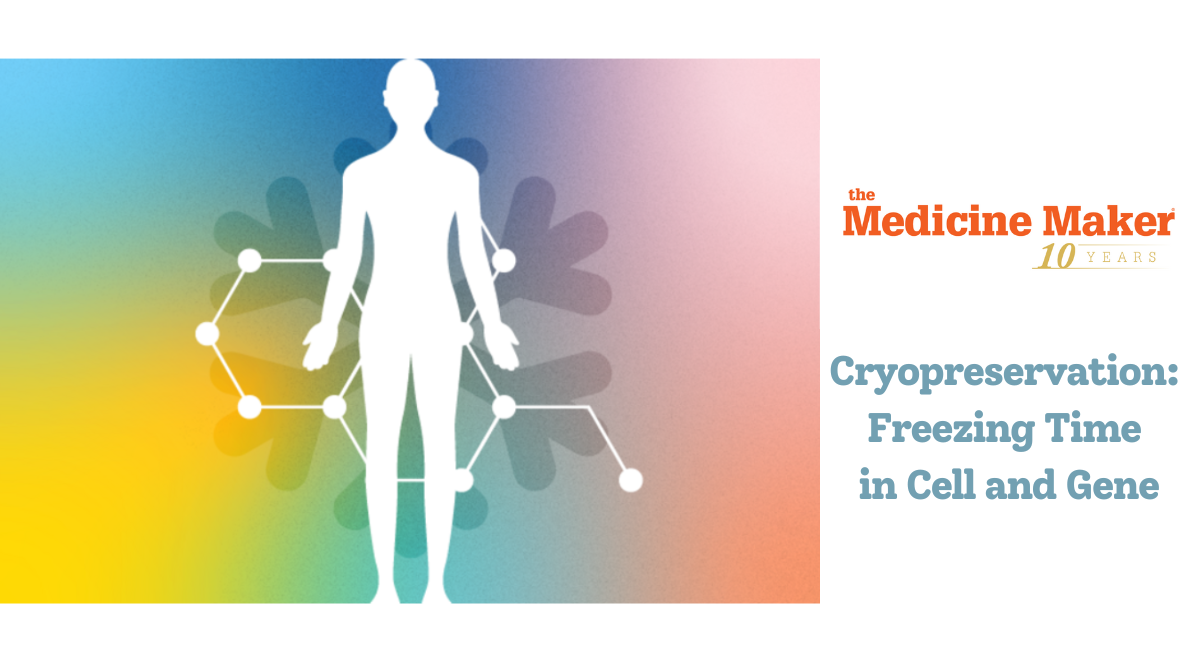Facing infrastructure roadblocks, the cell and gene industry has found a potential solution in an unexpected place: blood donation centers.
“Part of where blood centres or not-for-profit organisations run into some barriers in this realm is that they do not compensate their donors,” Baraniak said. “When […] the Red Cross is calling on you to donate a pint of blood, you know that pint of blood is going to be transfused into an individual who has suffered some traumatic injury or has some sort of disease. There is, an altruistic piece of that. It’s much harder for people to grasp that in the realm of allogeneic therapy, where I’m donating something that might go to research, I’m donating something that is a piece of a therapeutic that might be developed, and maybe someday it’ll save thousands of lives, maybe it won’t. It’s a lot harder, I think, to recruit those individuals and keep them engaged for that sort of donation if you’re not compensating them for their time.” Full article with insights from Priya Baraniak, Ph.D. here.
Read how expanding beyond their traditional roles of collecting blood and plasma for medical treatments, these centers are starting to leverage their technology and trained staff, as well as their ties to local communities, to support the next frontier in chronic disease treatment.






